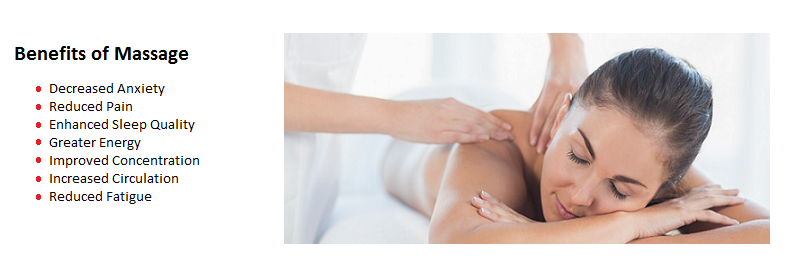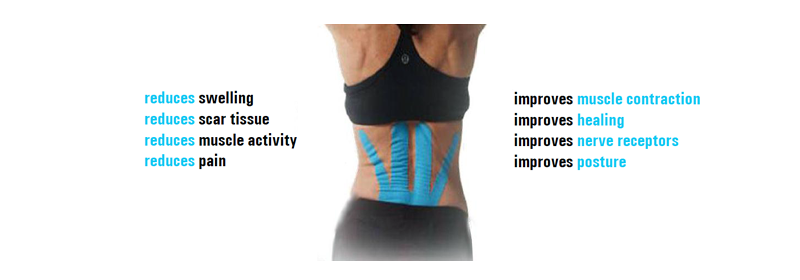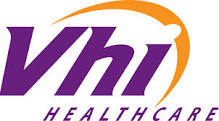Why will Deep Tissue Massage help me?
Deep tissue massage is especially helpful for chronic aches and pains and contracted areas such as stiff neck and upper back, low back pain, leg muscle tightness, and sore shoulders.
Some techniques are similar to what we call classic massage, the movement is slower and the pressure is deeper and concentrated on areas of tension and pain in order to reach and alleviate what most people know as knots or spasms
What Techniques are involved?
When there is chronic muscle tension, trauma or injury, there are usually adhesions (bands of painful, rigid tissue) in muscles, tendons, and ligaments. Adhesions can block circulation and cause pain, movement restrictions, and inflammation.
Deep tissue massage works by physically breaking down these adhesions the therapist will use different techniques using Fingers ,thumbs ,heels of hands ,flat hand ,elbows And fists going as deep as far as the client can keep the muscles relaxed in order to relieve pain and restore normal movement patterns
Does Deep Tissue Massage Hurt?
At certain points during the massage, most people find there is usually some discomfort and pain.
It is important to tell the massage therapist when things hurt and if any soreness or pain you experience is outside your comfort range.
There is usually some stiffness or pain after a deep tissue massage, but it should subside within a day or so. The massage therapist may recommend applying ice to the area after the massage.
Benefits of Deep Tissue Massage
Deep tissue massage usually focuses on a specific problem, such as chronic muscle pain, injury rehabilitation, and most of the following conditions:
- Chronic pain
- Lower back pain
- Limited mobility
- Recovery from injuries
- Repetitive strain injuries
- Postural problems
- Sciatica
- Piriformis syndrome (Mimics Sciatica
- Tennis elbow
- Muscle tension or spasm
- After a workout or strenuous activity
- Fibromyalgia
Precautions/ Contraindications
Massage is not recommended for certain people:
- Infectious skin disease, rash, or open wounds
- Immediately after surgery
- Immediately after chemotherapy or radiation, unless recommended by your doctor
- People with osteoporosis should consult their doctor before getting a massage
- Prone to blood clots. There is a risk of blood clots being dislodged. If you have heart disease, check with your doctor before having a massage
Massage should not be done directly over bruises, inflamed skin, unhealed wounds, tumors, abdominal hernia, or areas of recent fractures.
Tips and After Care
- Prone to blood clots. There is a risk of blood clots being dislodged. If you have heart disease, check with your doctor before having a massage
- Where possible avoid to eat an heavy meal before the massage.
- On your first visit at the clinic, please arrive at least 10 minutes early to complete the necessary forms
- You may feel muscle soreness or tenderness after a deep tissue massage which may last a day or two. Your massage therapist may recommend icing any painful areas.
- Drinking water after the massage within an hour it is a way of helping your body to flush out toxins that are released from muscles and properly rehydrate muscles, which can help to reduce muscle aches and stiffness after a massage.
- Avoid strenuous activity after a massage.
- Stretching can be helpful in preventing muscle aches and pain after a deep tissue massage.





